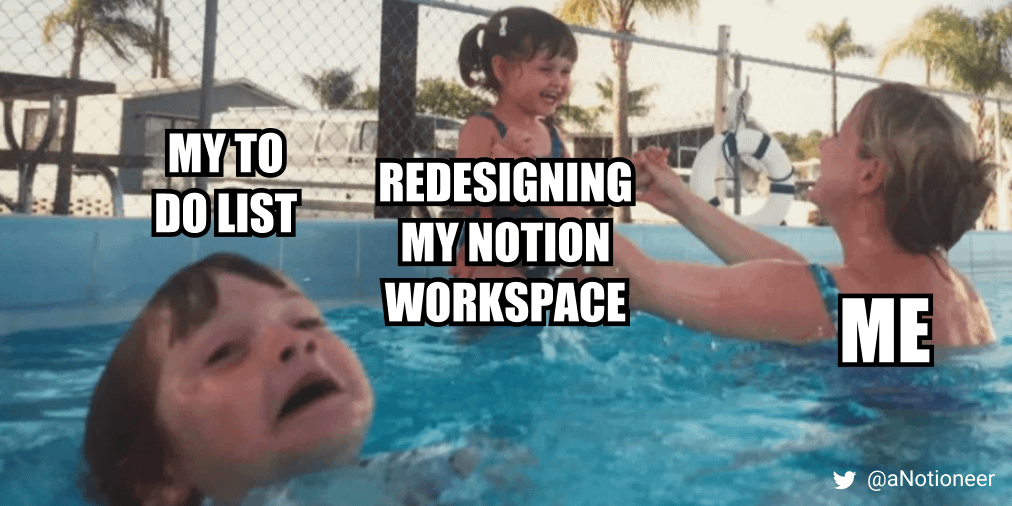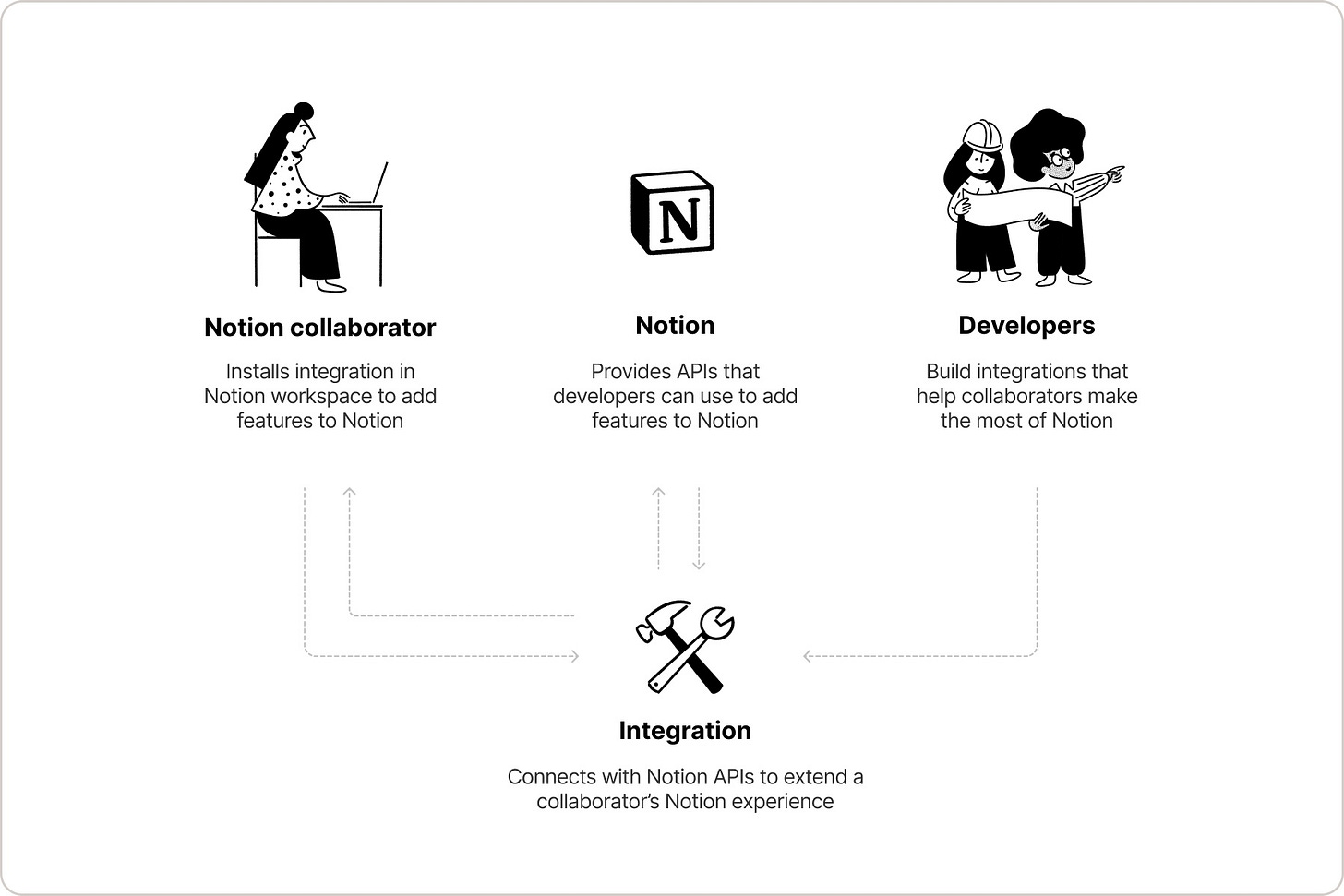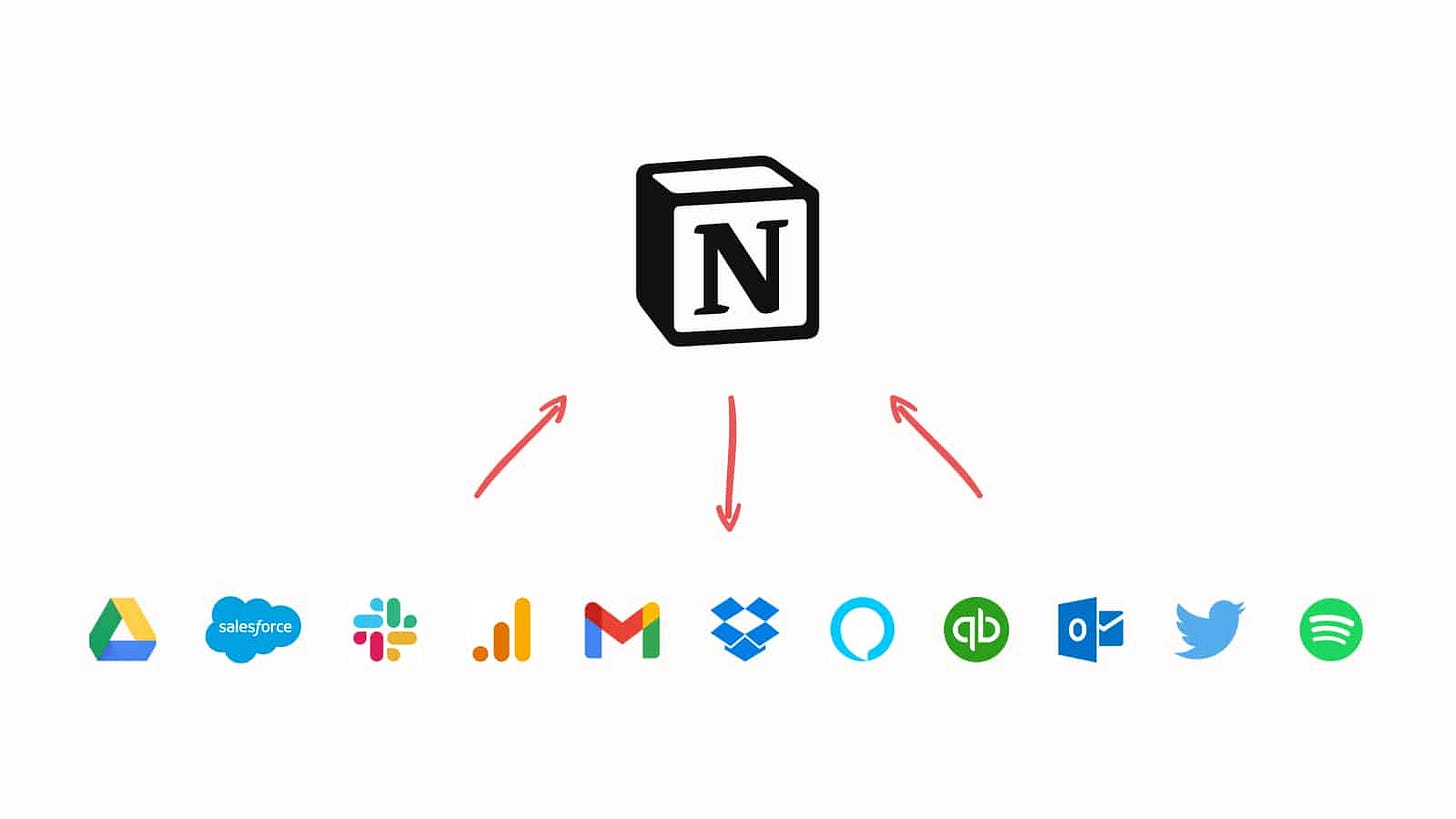Notion’s Future Pivot Explained: From Docs to Autonomous Workflows
Webhooks, AI, and the real reason Notion isn’t just “cool Google Docs” anymore.
TLDR: Notion began as a minimalist, design-first alternative to Google Docs. Over time, it layered in databases, automations, webhooks, and AI, quietly evolving from a note-taking tool into a connected workspace.
Recent moves like Notion Calendar and Notion Mail signal a bigger ambition: to become the autonomous admin layer for digital businesses.
In a world where Google and Microsoft dominate through bundled ecosystems, Notion is building its edge through modularity, design and deep integration.
The next phase isn’t just notes and docs.
It’s the place to orchestrate instructions.
Some companies grow by dominating.
Others grow by designing one thing better than the rest.
Notion chose the second path.
While others added more features, Notion removed what didn’t matter. That was its edge from day one.
It entered the market quietly, but with clarity: a cleaner, calmer alternative to Google Docs. A place where documents weren’t just written, they were designed to be understood.
Seamless interface, frictionless structure, minimalist workflows. A writing and thinking tool that didn’t feel like a spreadsheet disguised as a text editor.
This brand-led minimalism became Notion’s operating system.
It wasn’t trying to be everything.
It was trying to be the right thing.
That clarity built loyalty.
Loyalty built a community.
And the community gave it the traction to evolve.
The Shift from Workspace to Operating System
As time passed, Notion stopped being “just a doc” and became the central dashboard for how teams work.
Databases, boards, views, AI search, publishing, calendar, email, etc. They’ve slowly built the shell of a complete digital workspace.
And if you’ve been paying attention, you’ll notice something.
Notion’s not just trying to be another tool.
It’s trying to be the place where all your tools report back.
A quiet operating system for modern businesses.
Notion isn’t the only one with that goal.
Google Workspace and Microsoft 365 already own that layer. And they’re massive.
You rarely leave once you’re inside Google’s or Microsoft’s suite. Everything is bundled, integrated, and optimized for lock-in.
So, how can Notion possibly win this battle?
Webhooks, API, Automation, and the Power of Connected Data
Last year, Notion quietly released webhooks. They have also provided APIs for developers. On paper, it might seem like small infrastructure updates. But these updates show their attempt to become more than a workspace.
It’s a signal that Notion wants to orchestrate, not just host, your operations.
It starts with a simple question:
What if Notion wasn’t just the place where you store information, but the place where decisions were triggered?
Notion already holds a unique advantage:
It can become the single source of truth for +90% of your company’s operational knowledge.
Docs, meeting notes, task lists, content calendars, campaigns, databases.
All of it lives there.
Now, with automations and integrations like webhooks, Zapier and APIs, Notion is learning how to listen to that data.
Soon, it will start acting on it.
The Admin Center of Your Digital Business
Let’s imagine a scenario:
You’re a marketing manager running weekly campaigns.
You log everything in a Notion database. Briefs, tasks, performance metrics and audience feedback.
With insights powered by Notion’s AI, you see a campaign underperforming.
Rather than pinging your team, you trigger an automation:
Notion sends a Slack alert to the team lead.
An internal workflow is updated and reprioritized.
A new draft email is generated for review.
Feedback is pulled in from customer Notion forms automatically.
What used to take meetings, check-ins, and scattered tools is now a seamless system triggered from one interface.
It’s not just organized. It’s operational.
Notion becomes the control panel.
And that’s what this next chapter looks like.
A Notion That Works Like an Operator
We’re heading into an era where software doesn’t just support work. It does the work.

With the expected shift in models like GPT-5, AI will likely move from reacting to prompts to executing ongoing instructions.
Not just “generate a tweet,” but:
Yes, I’m saying that a natural evolution of GPT will perform every action from above.
Notion is positioning itself to be the container for those instructions.
If that happens, the real asset won’t be the AI.
It’ll be the place where your business decisions live and evolve.
It’s already become the home for structured and unstructured business knowledge.
Final Thought
Whether you build from scratch or plug it into what you already have, Notion is designed for a world where your tools talk to each other and eventually work on your behalf.
Will Notion steer its strategy in this direction?
Is your business set up to take advantage of it?
Value Frame is a newsletter breaking down the strategies and growth hacks that built the world's greatest companies to help you understand what worked and build what's next.








Great analysis, thank you for sharing!
Notion’s product trajectory is one of my favorites to follow, they've done (and continue to do) soooo many things right! I’m honestly surprised they haven’t launched a Product School yet😂
Their next move looks like part of a broader shift: knowledge hubs evolving from passive information containers into active decision-making and action-driving systems.